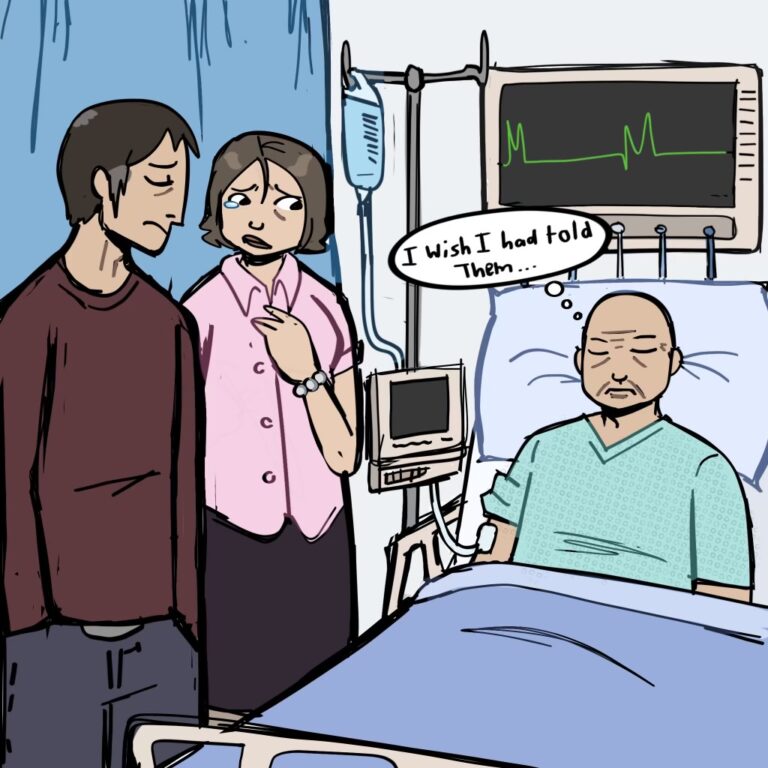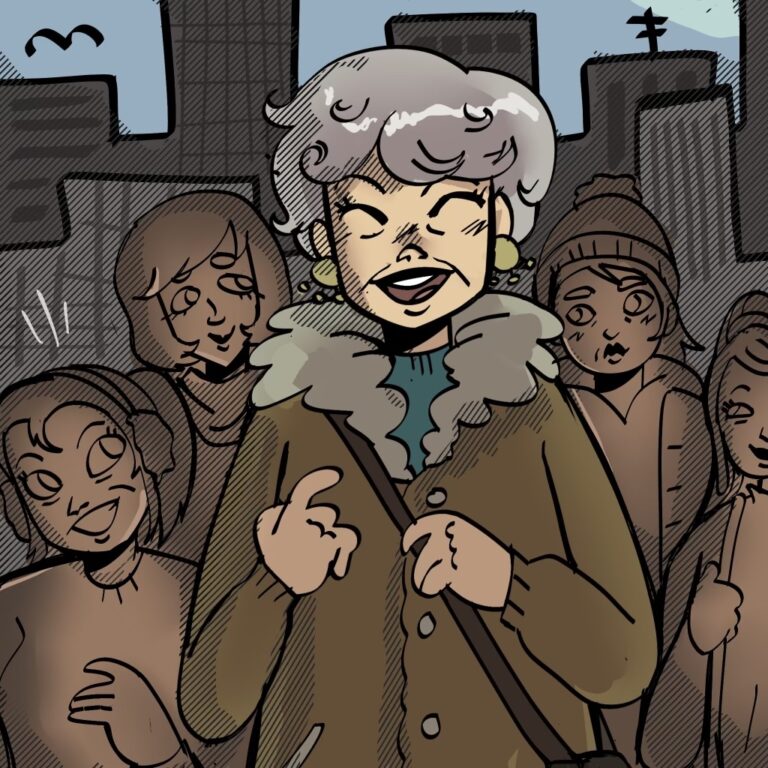Why is it that when we go to a family dinner we all resort back to being kids again? Hate being stuck in the middle of the dinner table? Well- suck it up buttercup, and pass the salt! (your brother’s words, not mine…) No matter our age, those same old chips on the shoulders emerge despite it having been 40 years ago since you threw your Barbie into the toilet during a hissy fit. The same can be said for our parental conversations. The patterns emerge, we settle into our roles as the ‘kids’, despite our own advanced age. Which is why care, particularly if our parents need care for dementia needs is such an important, and difficult, conversation.
So what do we do when faced with a dementia or Alzheimer’s diagnosis? Well, if you’re like most people, you avoid the conversation altogether. It’s human nature to avoid discomfort. However, putting off the discussion today, putting off placing supports needed now, may end up in disastrous consequences further down the line. Some 747,000 people in Canada have dementia and/or Alzheimer’s, with 44 million globally, and these numbers are expected to rise as our population ages.
Discerning Seniors recognizes the delicacy of these conversations, which are often emotionally painful for the family. A leading UK grief psychotherapist, Julia Samuel, describes the gradual decline of dementia as a, ‘living loss’, with bereavement happening on a continual basis. Too often we approach the topic of care too late, meaning some adult children aren’t fully prepared to accept the reality. There’s a feeling of invincibility of our parents. They’re always going to be there, right? A kind of willful blindness, not out of belligerence, but out of our love and loyalty for our parents. Suddenly, a dementia diagnosis upends that balance between parent and child, with the child now providing the care for the parent. As the saying goes, there is nothing new under the sun. Should we all have the privilege to live to old age, we will need supports and care during that journey. And what a privilege it is to share the care of our aging parents with our family members too. This eases us all on our journey together. One of the main pieces of advice for caring for aging parents is to have that difficult conversation early. Get it out into the open. It can only be uncomfortable once, and the subsequent relief of settling on a plan allows for greater confidence later.
Supportive care needn’t be a taboo subject. We are not insulting our parents by attending to their needs. Nor are we failing them. We all seek to do the very best we can, and if one thing is certain, it is that we cannot do it all alone. That’s why Discerning Seniors offers to bridge the gap in these discussions, to let the tension of not discussing future care needs dissolve, so that everyone can get on with living their life on their own terms. Perhaps Canada would do well to look to other models of care for housing as we age. The Netherlands in particular supports a village model of care. One such example lies just outside Amsterdam, called the “Dementia Village” headed by Yvonne Von Amerongen. Von Amerongen’s own experience with her father prompted her to build a new kind of care environment. Gone are the institutional hallways, instead there are houses, all connected but separate, laid out into a town square with a theatre, garden, shops and restaurants. Each home houses 6-7 residents with individual decorative themes which relate to the resident’s tastes. By emphasizing a home environment rather than one that more closely resembles a hospital, the ease of transition is better for all, resident and family members alike. It’s certainly food for thought for us here in Canada and perhaps this would make those difficult conversations easier.





